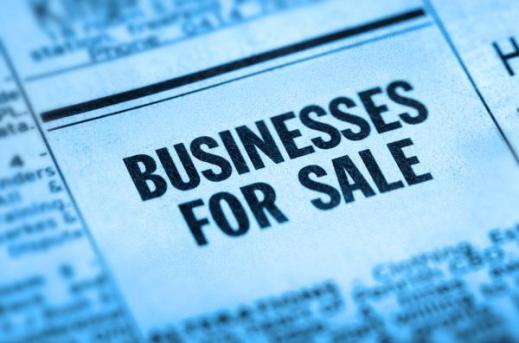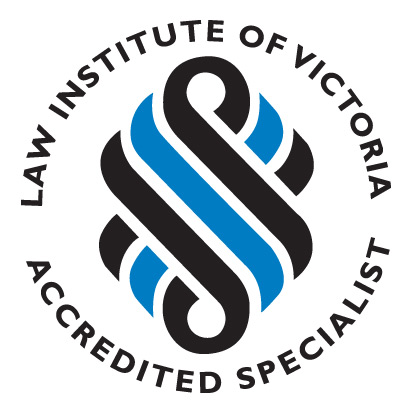There are several reasons why you might choose to buy an existing business rather than start your own.
You can take advantage of an existing customer base and goodwill, take on experienced staff and step into a defined role. It can also be easier to get finance for an existing business since banks regard them as a known quantity.
However, it is vital that you do your research before deciding, otherwise you risk nasty surprises down the track, such as outstanding debts or the fallout from poor previous business practices.
Here is how to approach buying a business.
Step One: Find a profitable business
You want to ensure that you are buying a business that will bring you long-term profit. To facilitate this, look for the following:
- Positive cash flow (the business makes more money than it costs to run) or a strong trajectory of growth.
- An industry in which you have experience and/or expertise. It is difficult to judge whether a business is strong if you don’t understand its fundamentals.
- A broad customer base. Businesses that rely on one or two clients are particularly vulnerable.
- A strong business plan with potential for long-term growth.
Step Two: Research the business
Once you have found a business that interests you, you’ll need to research it to find out how ‘healthy’ it is. Look primarily at:
- The legal structure; and
- The credit status via a credit check.
Other investigations might include:
- Visiting the business to inspect the premises, assess how busy it is and to talk to current staff.
- Researching the business’s competitors, industry trends and environment to identify risks and opportunities.
- Checking the business’s social media presence and customer reviews to get an understanding of its social proof.
Step Three: Negotiate a purchase price
To acquire the business at a fair price, you need to know what its value is. You can hire an independent valuer to do a valuation for you or you can estimate it yourself. While professionals can be expensive, they will give you a more accurate view.
When you’re negotiating a sale price, the seller’s motivation also comes into play. They might want a quick sale, a high price or certain conditions attached. If you can discover their motivations, you’ll have valuable information for your negotiation strategy.
Negotiations can be quite complex. They don’t just concern price but also terms and conditions. These might include the timeline for the sale, whether you are buying the assets and equipment and how the purchase is structured. Getting a lawyer involved can be very valuable at this stage.
Step Four: Conduct due diligence
Once you have an agreement in principle, and before you sign a binding contract, you need to do due diligence. This gives you access to the seller’s full financial and legal information. Since this is sensitive material, you will usually be asked to sign a confidentiality agreement first.
Due diligence should be performed with the help of your business lawyer and/or accountant. The information can be very technical, and it is vital that you instruct someone with the expertise to make sure you understand it correctly.
Review all financial information, including:
- Balance sheets;
- Profit and loss (P&L) statements;
- Tax returns; and
- Information about plant and equipment.
Review all legal information, including:
- Intellectual property, trademarks and patents;
- Leases of business premises;
- Existing employment contracts and contractual obligations;
- Contracts between the business and third parties, such as customers and suppliers; and
- Any lawsuits brought by or against the company, either in progress or in the past.
Step Five: Finalise the transaction
Once due diligence is completed, you will need to finalise a binding agreement.
This should always be done with the help of your lawyer. They can review the purchase agreement to make sure it reflects your understanding and assist you through the settlement process and transfer of ownership.
Your lawyer can also help you apply for any business licences you might need to operate your new business, which vary between industries, so seek advice on what you might need.
To find out more about buying a business, call us on (03) 9592 3356 or email office@citypacific.com.au.


